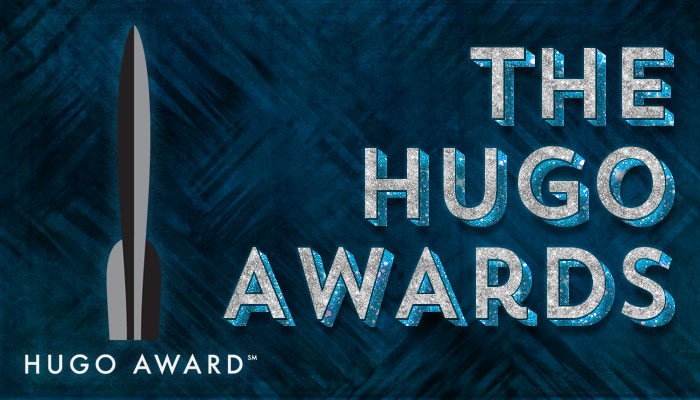Semi-prozine Hugo Awards Category
20 August 2011

Those of you who haven’t been paying attention may not have known about the recent uproar about the the semi-prozine Hugo category.
Essentially, for many years, the nominee list had become so stagnant that the sentiment among many SMOFs was to do away with the category entirely.
In 2009, Weird Tales won the Hugo in the category. In 2010, Clarkesworld won. These two wins were the second and third wins for fiction ‘zines ever in this category. Some saw new winners and nominees as signs of life in the semi-prozine category. Rather than axe the category entirely, a committee studied the issue and made a proposed constitutional amendment, which was voted on Friday.
One SMOF I spoke with before said vote occurred wasn’t convinced there were enough eligible ‘zines to warrant a category. I hauled out my iPad, fired up Safari, and performed a search on Duotrope: 126 markets (including those currently temporarily closed to submissions) paying semi-pro rates for science fiction alone. 74 markets if you exclude those temporarily closed. This convinced the SMOF that there were valid entries for even the narrower category.
Now, granted, not all of them may qualify under the other rule constraints (e.g., frequency of publication), and it’s also true that even “for the love” markets that offer token payment will qualify payment-wise under the proposed Hugo rules.
The changes in the constitution voted on Friday (which will need to be ratified next year) would mean that four out of the five nominees this year — all but Interzone — would be ineligible after next year.
What does that mean for the average sf/f writer, though?
With all the heavyweights out of the semi-pro weight class, there will be a lot more room for a lot of great ‘zines that have been overlooked in this category. Sure, we’ll still have some glossy ‘zines like the New York Review of Science Fiction, but the semi-pros will no longer be competing against Locus.
The secondary effect of this is that there will be more recognition of some very good semi-pro markets, and this may lead to more recognition of the writers submitting to them, too. Of course, there’s room for more non-fiction ‘zines, too.